Many of us work for decades to build up a retirement fund, confident that it will be enough to carry us through our golden years comfortably. But, the reality is that retirement savings can be impacted by unforeseen factors like inflation, rising healthcare costs, and market fluctuations. We look at 22 signs that your retirement savings might not be as secure as you think:
You Haven’t Factored in Inflation’s Impact

Inflation erodes purchasing power over time, meaning that $1,000 today will buy far less in 20 or 30 years. If your retirement plan doesn’t account for inflation, you might find your savings dwindling much faster than expected.
Rising Healthcare Costs Aren’t in Your Budget

Healthcare expenses are one of the biggest retirement costs and they’re rising steadily. Medicare doesn’t cover everything, so if you haven’t budgeted for long-term care or unexpected medical expenses, your savings may fall short.
You’re Relying Too Much on Social Security

While Social Security is a helpful supplement, it’s not enough to sustain most people in retirement. Relying heavily on it without a strong personal savings plan could leave you with less financial security.
You Don’t Have Diverse Investments

If your retirement funds are all in one type of investment, such as stocks or real estate, you’re vulnerable to market fluctuations. A diversified portfolio reduces risk and increases your chances of maintaining financial stability.
You’re Behind on Contributions

Missing out on annual contributions, especially in the years leading up to retirement, can severely impact the growth of your savings. Even if you start late, maximizing your contributions can make a big difference.
You’ve Borrowed From Your Retirement Account
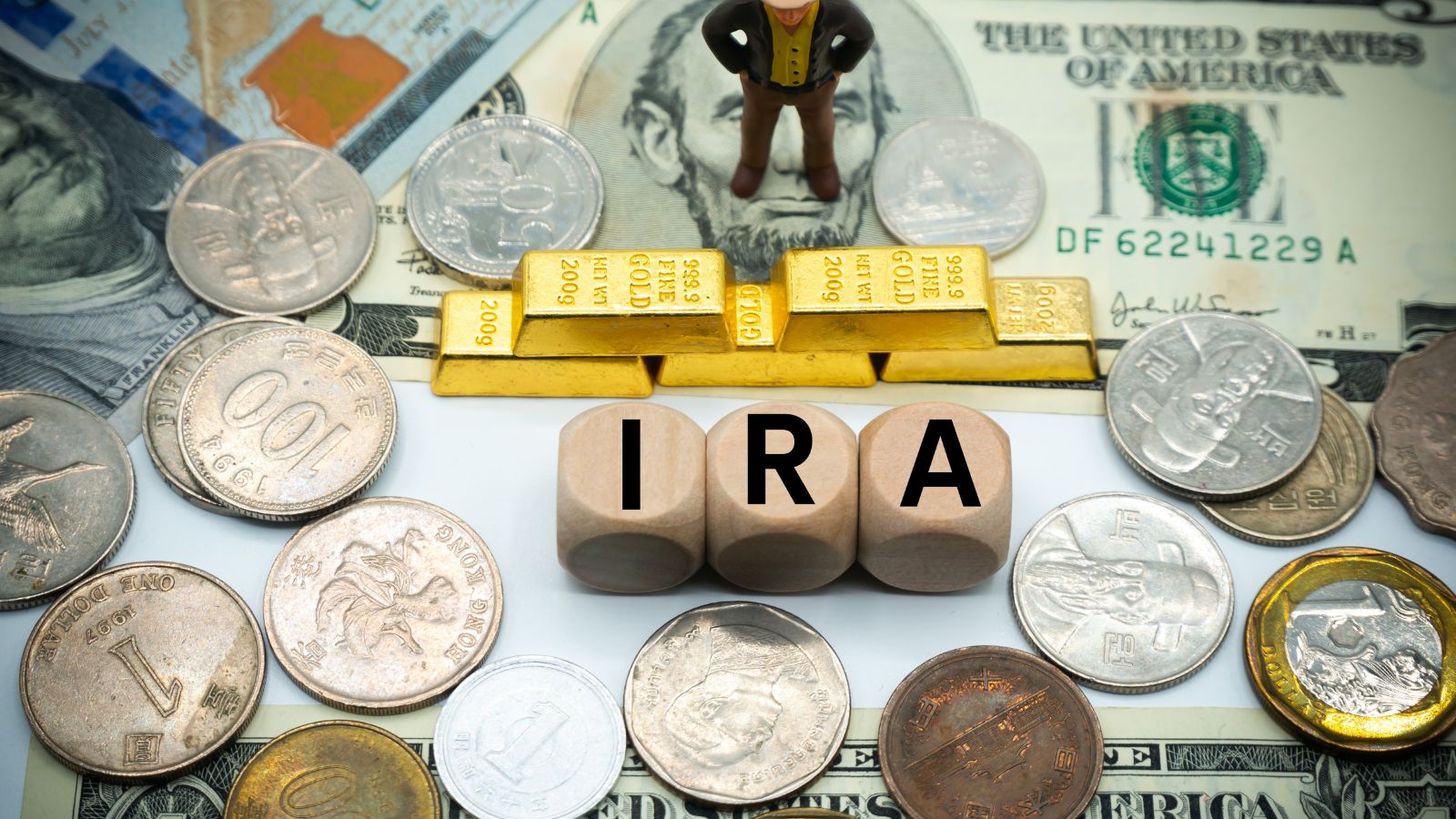
Taking out a loan from your retirement account may seem convenient, but it reduces your retirement balance and growth potential. You amay lso face taxes and penalties if the loan isn’t repaid on time.
Your Portfolio Is Too Safe
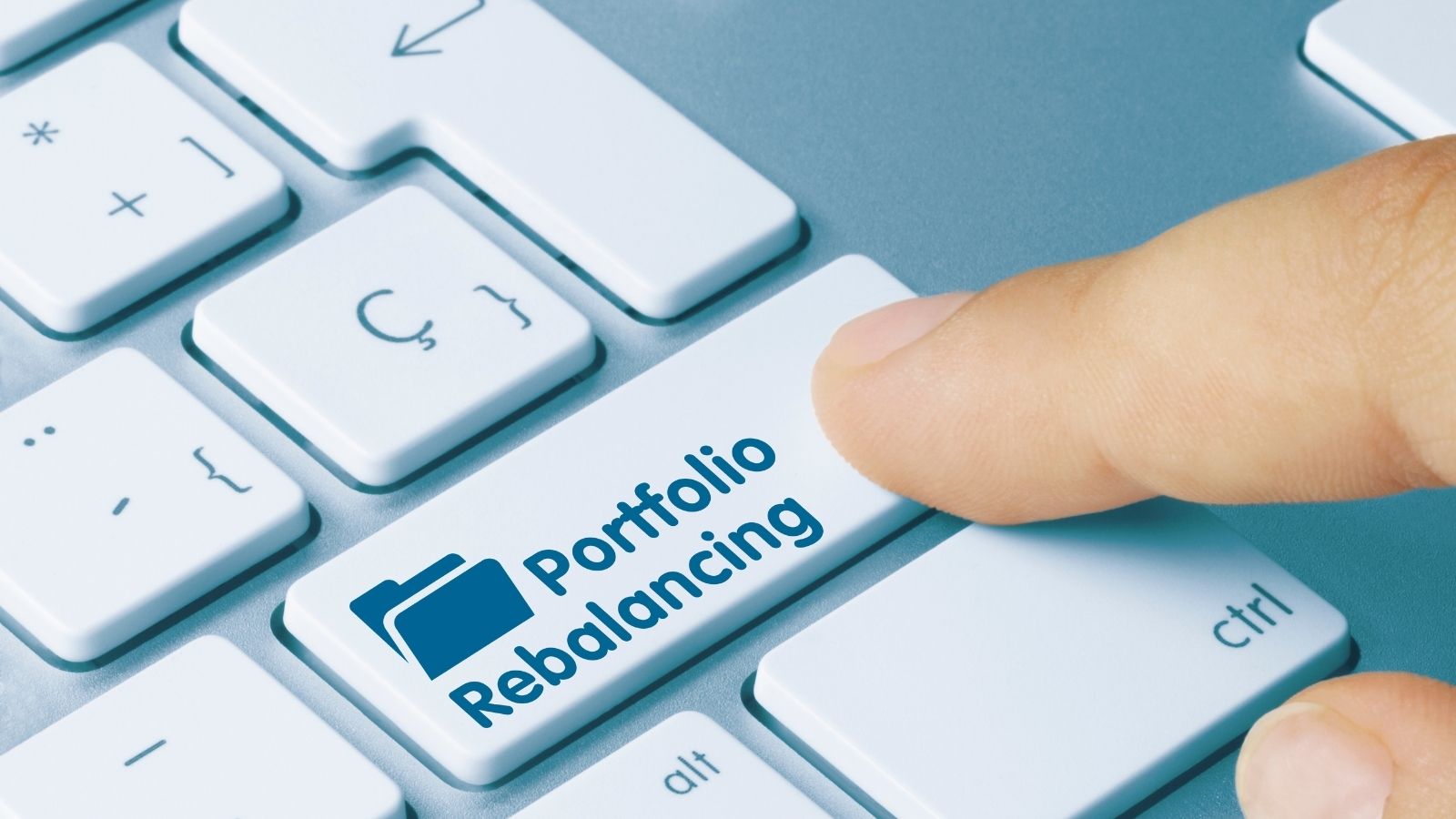
A low-risk, conservative investment strategy might seem safe, but it may not generate enough growth to keep up with inflation or cover your living expenses over a long retirement.
You Lack a Contingency Fund for Emergencies

Retirement can come with unexpected expenses. Without a designated emergency fund, you may end up tapping into your retirement savings more frequently than planned, reducing long-term security.
Your Withdrawal Rate Is Too High

Financial experts recommend withdrawing no more than 4% of your savings annually. A higher withdrawal rate can deplete your retirement savings much faster, especially if you live longer than anticipated.
You Haven’t Accounted for Potential Tax Increases
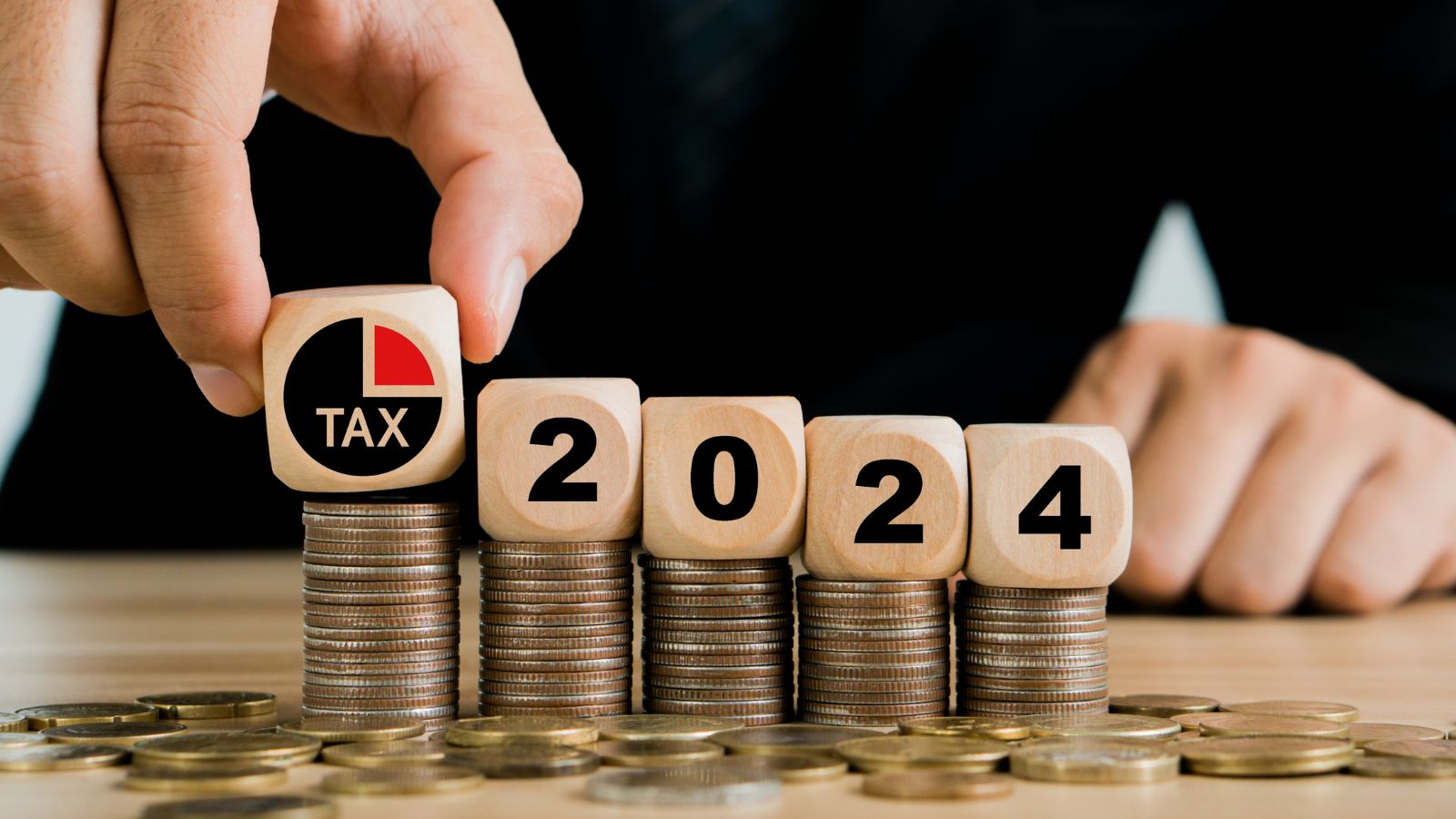
Tax rates can change and retirees are often surprised by how much they owe on withdrawals. Taking time to understanding your future tax obligations can help you avoid unexpected costs.
You’re Heavily Invested in Company Stock

Putting too much money into one company’s stock, especially if it’s your employer’s stock, can be risky. If the company faces financial issues, you could lose a significant portion of your savings.
You Don’t Have a Long-Term Care Plan
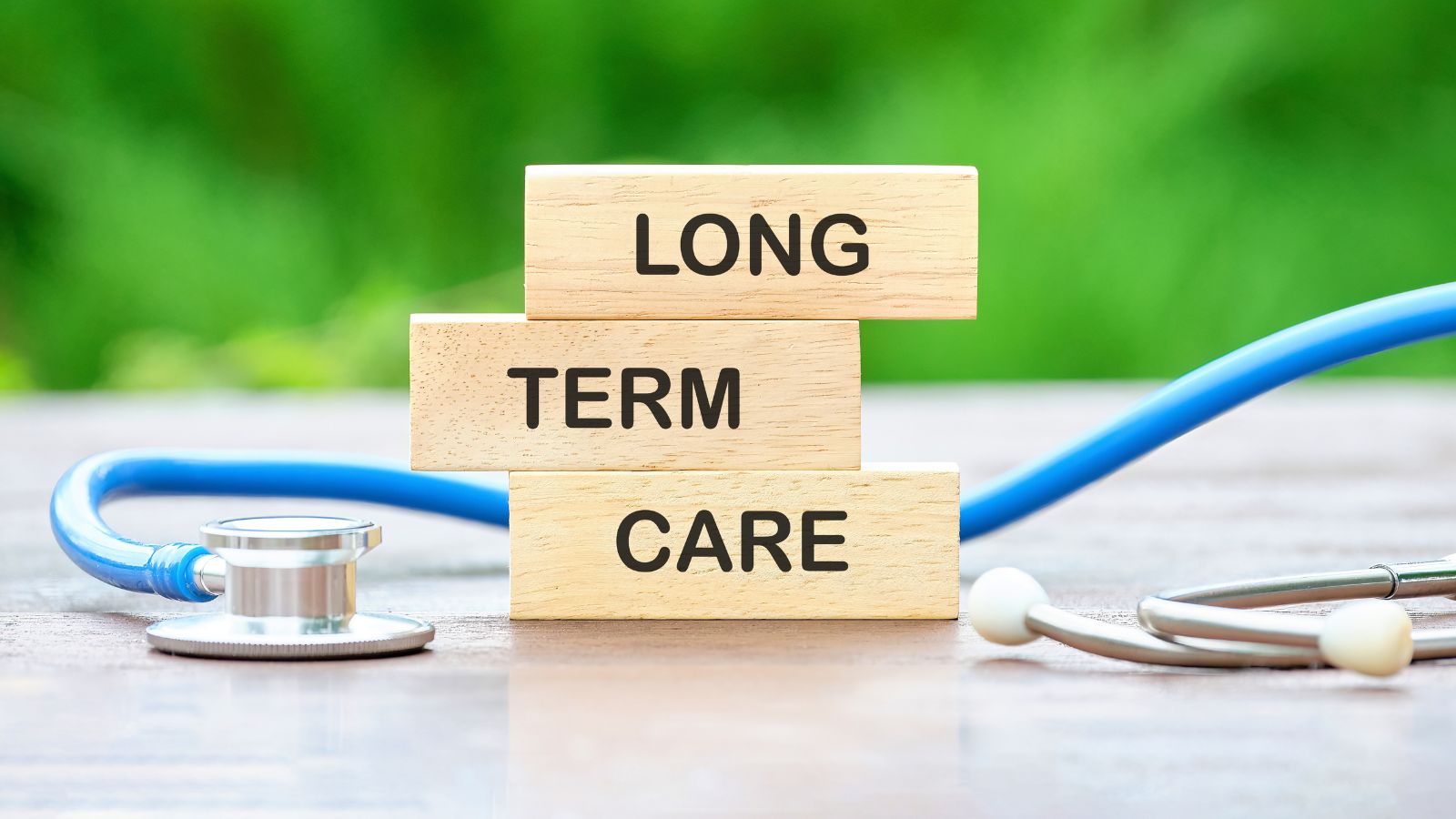
The need for long-term care is one of the biggest financial risks in retirement. Without a plan, paying out-of-pocket can quickly drain savings, so consider insurance or other options to protect yourself.
You Haven’t Planned for Spousal Benefits

If you’re married, understand how spousal benefits work in Social Security and pensions. Neglecting these considerations can reduce retirement income, especially if one spouse outlives the other.
You’re Ignoring Market Volatility

Sudden drops in the stock market can wipe out years of gains. If your portfolio isn’t prepared for market volatility, you could see significant losses at a time when recovery may be difficult.
You Don’t Have a Strategy for Required Minimum Distributions (RMDs)
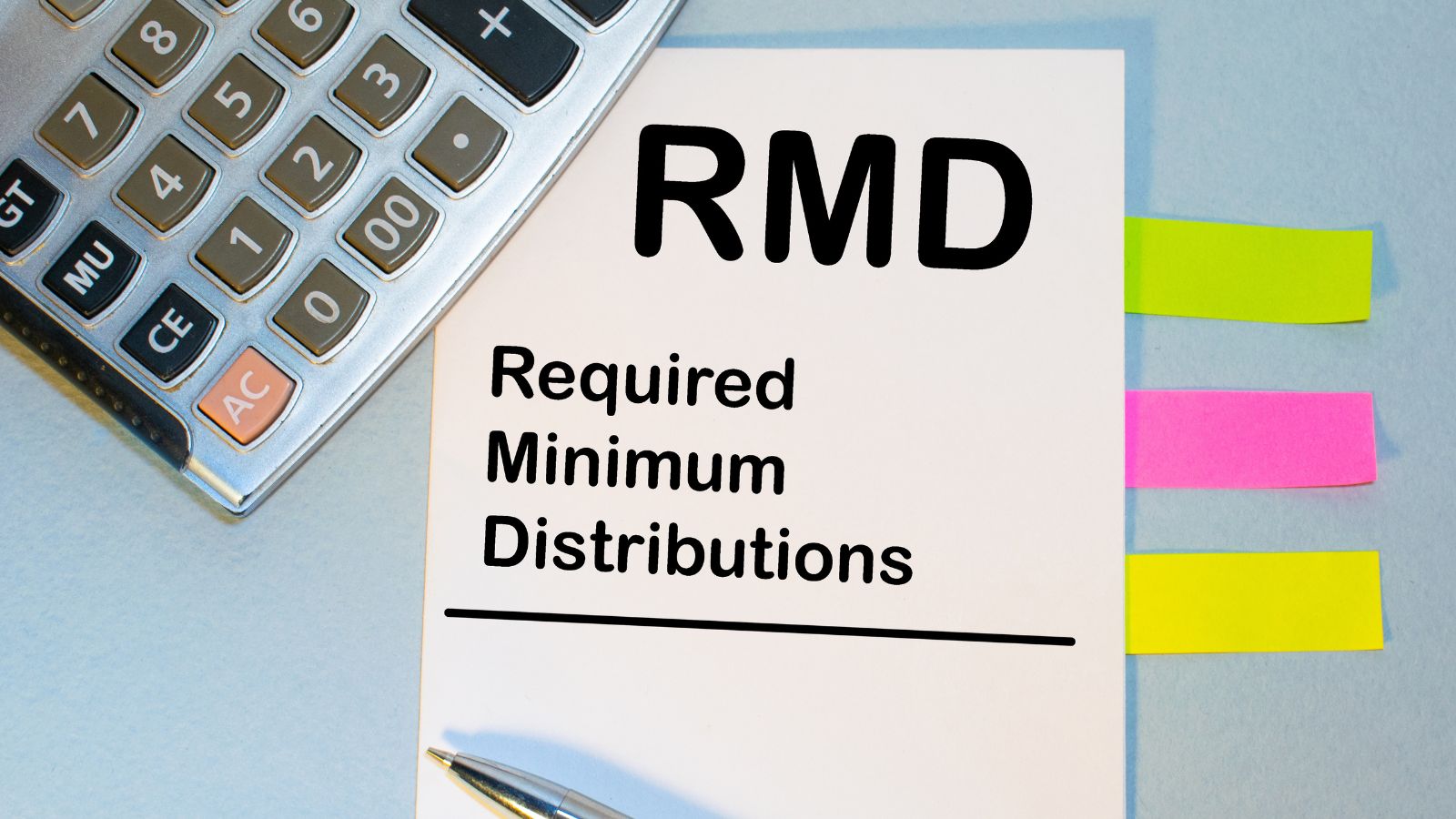
Once you turn 72, you must start withdrawing minimum amounts from your retirement accounts. While you can delay taking the first RMD until April 1 of the following year, failing to plan for RMDs can lead to unexpected tax bills and even penalties.
Your Savings Won’t Cover the Cost of Aging at Home

Many people hope to “age in place,” but this can be costly due to home modifications, in-home care and other expenses. Make sure your savings can support this lifestyle if that’s your plan.
You’re Counting on Inheritance That May Not Come Through

Relying on an inheritance is risky. Family financial issues, legal complications, or changing plans could result in little or no inheritance, leaving your retirement underfunded.
You’re Underestimating How Long You’ll Live

People are living longer than ever and the longer you live, the more money you’ll need in retirement. Planning for a long life ensures you won’t outlive your resources.
You Don’t Have a Budget for Retirement

Many people assume they’ll spend less in retirement, but that isn’t always true. Creating a realistic retirement budget can help you manage expenses and preserve your savings.
You Haven’t Planned for Healthcare Premium Increases

Health insurance premiums often rise with age. If your retirement plan doesn’t account for this, you may find yourself paying more than expected for coverage.
You’re Overlooking the Impact of Housing Costs

Housing can be a substantial retirement expense, especially if you still have a mortgage or need to downsize. High property taxes or costly repairs can also eat into savings.
You Lack an Estate Plan to Maximize Savings for Heirs

Without proper estate planning, your assets might be subject to taxes and legal fees. Creating an estate plan ensures your assets are distributed efficiently and your heirs receive their intended share.
18 Reasons Why People Are Leaving Florida in Masses

Exploring factors that impact the desirability of living in Florida, this list delves into various challenges shaping residents’ experiences. From environmental concerns like rising sea levels to economic factors such as fluctuating job markets, these issues collectively contribute to a nuanced understanding of the state’s appeal.
18 Reasons Why People Are Leaving Florida in Masses
